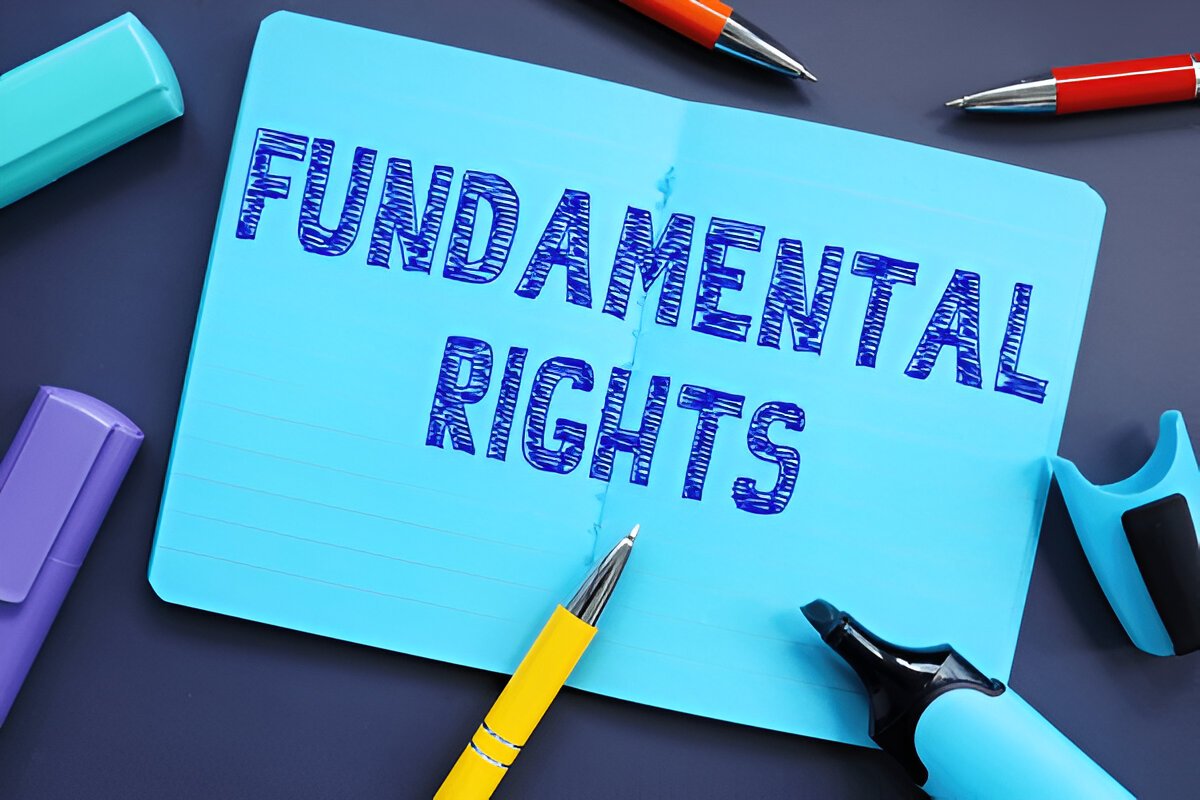The case deals with a piece of land that the petitioners and their ancestors had taken on lease and were residing in. According to the details mentioned in the petition, the respondents have claimed ownership of this land for the past fifty years, as supported by an annexure attached to the petition.
In July 1947, due to communal violence in the western part of Uttar Pradesh, the petitioners temporarily left their village. When they returned in November 1947, they found that the respondents had wrongfully taken possession of the land during their short absence.
The matter reached court through a writ petition filed under Articles 226 and 32 of the Constitution of India. The case primarily involved the interpretation of the legal principle of res judicata, which prevents the same dispute from being heard again once it has been finally decided. The court held that since a writ petition had already been filed earlier before the Supreme Court under Article 32 on the same facts and for the same relief, the current petition could not be entertained again and was rightly dismissed.
You can also read the Judgement of DK BASU V. STATE OF WEST BENGAL.
For more information, visit [ALEC Enquiry].
Issue before the Court
The main issue in this case is if a petition is decided once, can a similar petition be barred in the future by invoking res judicata, even when the issue involves the protection of rights guaranteed under the Constitution?
Arguments from the Petitioner
The petitioner argued that res judicata a legal principle that prevents the same case from being tried again should not apply when the matter concerns Fundamental Rights. They highlighted that res judicata is different from the rule of estoppel and should not be treated as a technical barrier in constitutional matters. According to the petitioner, the right to directly approach the Supreme Court under Article 32 is itself a Fundamental Right. Denying this right by applying res judicata would go against the spirit of the Constitution. The petitioner emphasized that using a technical rule like res judicata to block the enforcement of Fundamental Rights would be unjust and unconstitutional.
Arguments from the Respondent
On the other hand, the respondent's counsel argued that Article 32 does not give a citizen the unrestricted right to file a petition merely by labelling an issue as a Fundamental Right. The proper legal remedy must be followed depending on the nature of the issue. In this case, the respondent contended that the petitioner should have filed a Special Leave Petition under Article 136 instead of using Article 32. Therefore, the respondent claimed that the petition under Article 32 was not maintainable, and res judicata could validly apply.
Analysis of the Court
The Supreme Court emphasized that Res Judicata is not merely a technical rule, but a doctrine rooted in public policy and judicial efficiency. It prevents individuals from being troubled repeatedly with the same litigation. The Court clarified that even in cases involving fundamental rights, the principle of Res Judicata cannot be overlooked if the matter has already been decided by a competent court.
The Court highlighted the distinction between Article 226 and Article 32. While Article 226 allows High Courts to issue writs for the enforcement of fundamental rights and for other legal rights, Article 32 is itself a guaranteed fundamental right which allows a person to directly approach the Supreme Court for enforcement of fundamental rights only. However, this direct access under Article 32 does not override the principle of Res Judicata, especially when the matter has already been dealt with judicially.
The Supreme Court thus dismissed the petition under Article 32, noting that the earlier High Court decision under Article 226 acts as a bar due to the doctrine of Res Judicata. This judgment reinforces that finality in litigation is essential and that re-litigation on the same grounds is not permissible, even in cases involving constitutional rights, unless proper legal procedures are followed.
Concluding Remark
The Court held that since the High Court had already ruled on the matter on merits, even if fundamental rights were not specifically pleaded, the earlier decision would remain binding unless challenged through proper constitutional procedures.

